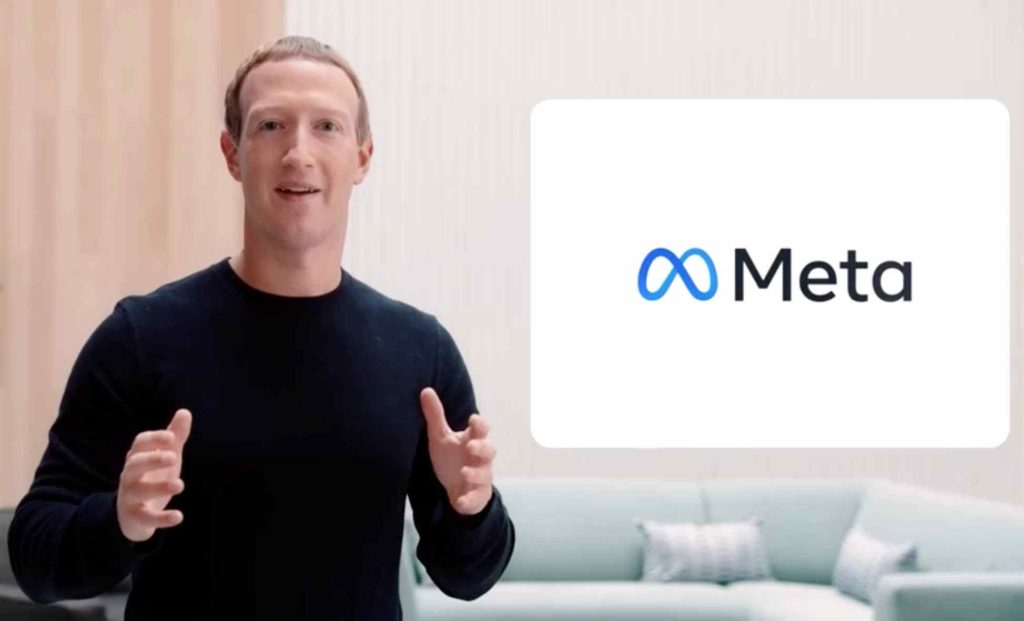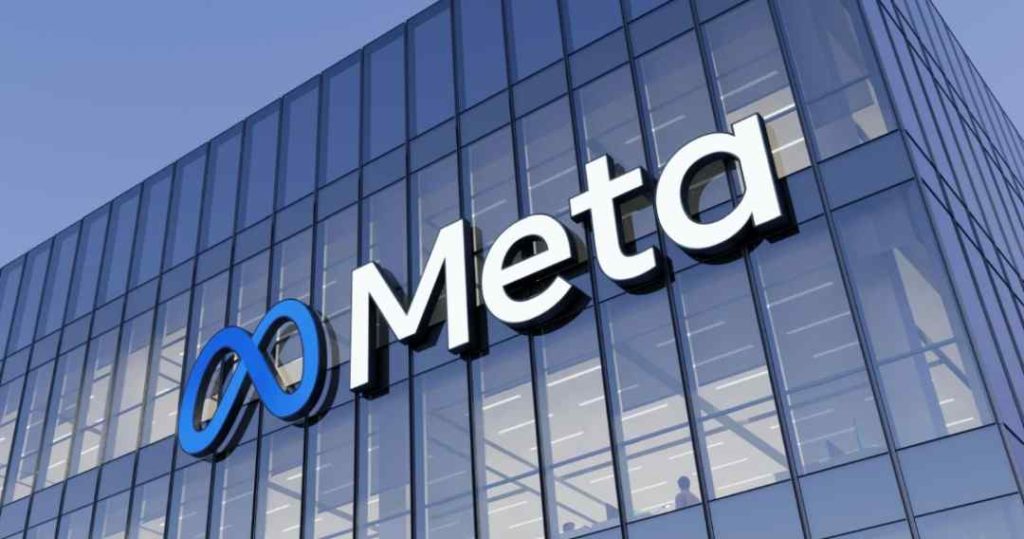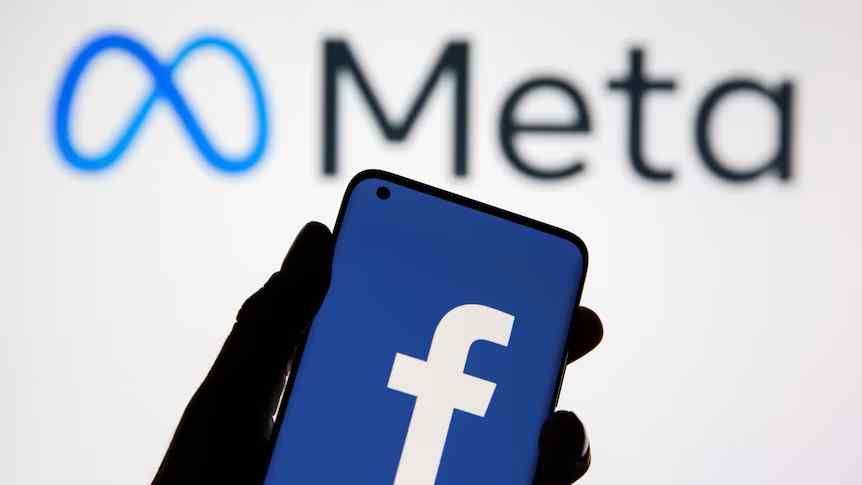Facebook (now Meta) has a long history of acquiring startups to fuel its growth and expand into new areas. Meta acquires startups primarily to gain access to innovative technologies, talented teams, and new market opportunities that align with its strategic goals.
From Instagram to Oculus, Meta’s acquisitions have played a crucial role in its evolution from a social networking site to a global tech titan.
Understanding the motivations behind these acquisitions can provide valuable insights into Meta’s long-term vision and the startup ecosystem as a whole.
Key Takeaways
- Acquires innovative technologies to enhance products and stay ahead of competition.
- Gains access to top talent, infusing fresh ideas and specialized expertise.
- Enters new markets quickly, expanding reach and diversifying revenue streams.
- Eliminates potential competition, securing market position and dominance.
- Acquires new user bases, boosting engagement and contributing to growth.
Why Does Facebook Acquire Startups?

Tech giants like Facebook are always on the lookout for ways to stay ahead of the competition. Acquiring startups is one of their key strategies to achieve this.
First and foremost, startups often possess innovative technologies that can significantly enhance Facebook’s existing products and services.
By integrating these new capabilities, Facebook can constantly evolve and offer more sophisticated features to its massive user base. Imagine the possibilities when you combine Facebook’s scale with the creativity and expertise of a talented startup team.
Speaking of talent, startups tend to attract passionate, skilled individuals who are experts in their respective fields.
When Facebook acquires a startup, it gains access to this specialized workforce. Infusing Facebook with fresh ideas and industry-specific knowledge can lead to groundbreaking innovations that keep the platform relevant and ahead of the curve.
Another critical factor is the ability to quickly enter new markets. Startups often operate in emerging sectors or regions where Facebook may not yet have a strong foothold.
By acquiring a startup, Facebook can instantly establish a presence in these areas without having to build everything from scratch. This strategic move allows them to rapidly expand their reach and user base.
But it’s not just about gaining new technologies and talent. Facebook’s acquisition strategy also helps eliminate potential competition. By purchasing promising startups, Facebook ensures that these up-and-coming platforms don’t grow into significant threats.
This not only secures Facebook’s market position but also gives them the flexibility to integrate or discontinue competing technologies as needed.
Facebook’s Acquisition Criteria

Meta, the company formerly known as Facebook, takes a strategic approach when evaluating potential acquisitions. They closely examine several critical factors to determine if a startup aligns with their long-term goals and growth plans.
Technological Innovation is the Top Priority
Innovation is the lifeblood of the tech industry, and Meta knows this all too well. They’re on the constant lookout for startups that offer cutting-edge, unique technologies.
These could enhance Meta’s existing products or help them develop entirely new offerings. Staying ahead of the curve in a rapidly evolving landscape is essential for Meta.
Talent Acquisition is Crucial
A startup’s talent pool can be just as valuable as its technology. Meta seeks to acquire teams of highly skilled and creative individuals who can bring fresh perspectives and expertise to the company.
This talent acquisition strategy ensures Meta can continuously innovate and maintain its competitive edge.
Market Potential Matters Greatly
Meta doesn’t just look at what a startup is doing today – they examine the potential of the markets they operate in.
Startups in high-growth industries or those that can open up new market opportunities hold significant appeal for Meta. These acquisitions can contribute to the company’s expansion and revenue growth.
Alignment of Visions and Goals is Key
For a merger or acquisition to be truly successful, there must be a strong alignment between Meta and the startup’s mission and values.
Cultural compatibility is essential for seamless collaboration and synergy between the two entities. This ensures a smoother integration process.
User Base and Engagement are Critical
Startups with a large, active user base can provide Meta with immediate access to new customers and valuable data insights. This user-centric focus is a crucial consideration, as it can directly impact Meta’s growth and profitability.
High-Profile Facebook Acquisitions

Over the years, Meta has strategically acquired several high-profile companies that have significantly shaped its growth and innovation. Let’s take a closer look at some of these key acquisitions.
In 2012, Meta (then Facebook) acquired Instagram for around $1 billion. This deal allowed the company to expand its foothold in the photo-sharing space, attracting a younger audience and bolstering its social media ecosystem.
By tapping into Instagram’s popularity, Meta gained access to a thriving platform that resonates with users worldwide.
The WhatsApp Acquisition
One of Meta’s most significant acquisitions was WhatsApp in 2014, for a staggering $19 billion. This messaging platform not only brought a large user base to the table but also strengthened Meta’s position in the global communication market.
WhatsApp’s end-to-end encryption and user-friendly interface have made it a critical asset, allowing Meta to solidify its presence in the messaging space.
The Oculus VR Acquisition
In 2014, Meta’s acquisition of Oculus VR for $2 billion marked its bold entry into the virtual reality (VR) frontier. This move demonstrated Meta’s commitment to exploring new technology frontiers, envisioning a future where VR becomes mainstream.
Oculus has since become a cornerstone of Meta’s efforts in developing immersive experiences, positioning the company as a leader in the burgeoning VR industry.
The Giphy Acquisition
Another noteworthy acquisition was the purchase of Giphy in 2020 for $400 million. Giphy, renowned for its extensive library of GIFs, has enhanced Meta’s content offerings, providing users with more expressive and engaging ways to communicate across its platforms.
By integrating Giphy, Meta has expanded its multimedia capabilities, catering to the growing demand for visually-rich interactions.
These high-profile acquisitions underscore Meta’s strategic vision to diversify its portfolio and stay ahead of the competition.
By integrating innovative companies, Meta hasn’t only expanded its range of services but also positioned itself as a trailblazer in the evolving digital landscape.
These acquisitions demonstrate Meta’s proactive approach to shaping the future of digital communication, entertainment, and beyond.
What Does Facebook Get From Acquisitions?

Acquisitions play a pivotal role in Meta’s continuous evolution. By snapping up promising startups, Meta gains access to cutting-edge technologies, expansive user bases, and talented teams – all of which fuel its growth and innovation.
Think of it as Meta’s secret sauce for staying ahead of the competition.
- Advanced Technology: When Meta acquires a company specializing in emerging tech like AI, VR, or AR, it can seamlessly integrate those innovations into its existing platforms. Imagine the incredible user experiences that become possible when the combined power of Meta’s vast resources and the startup’s pioneering tech come together.
- Expanded User Base: Startups often have loyal, engaged user communities. By acquiring these companies, Meta instantly expands its own reach and engagement metrics, solidifying its position as a dominant player in the digital landscape.
- Talent Acquisition: Startups are hotbeds of innovation, led by skilled teams with fresh perspectives. When Meta brings these talented individuals into the fold, it taps into a wellspring of expertise that fuels its own product development and keeps it at the forefront of industry trends.
- Market Diversification: Acquisitions allow Meta to explore new markets or deepen its presence in existing ones. This diversification reduces its dependency on core products, ensuring long-term sustainability and growth.
- Competitive Edge: By absorbing potential competitors, Meta neutralizes threats and enhances its market dominance. It’s a strategic move to maintain its status as a tech leader and trailblazer.
Each acquisition is a calculated step in Meta’s grand plan. With every new asset, the company refines its services, delivers more value to users, and solidifies its position as a pioneer in the ever-evolving digital landscape.